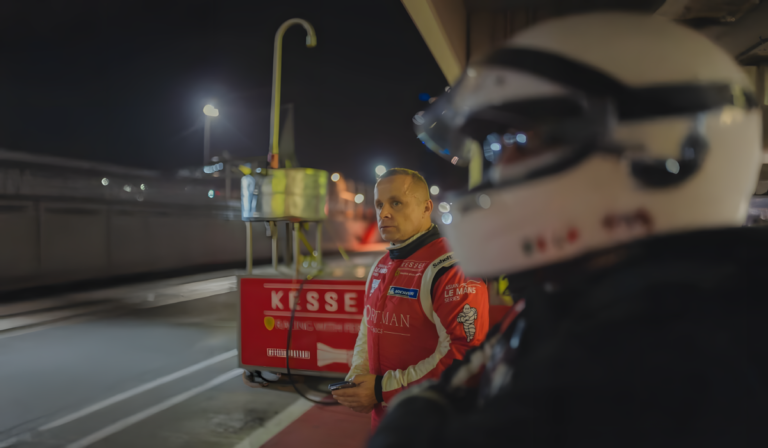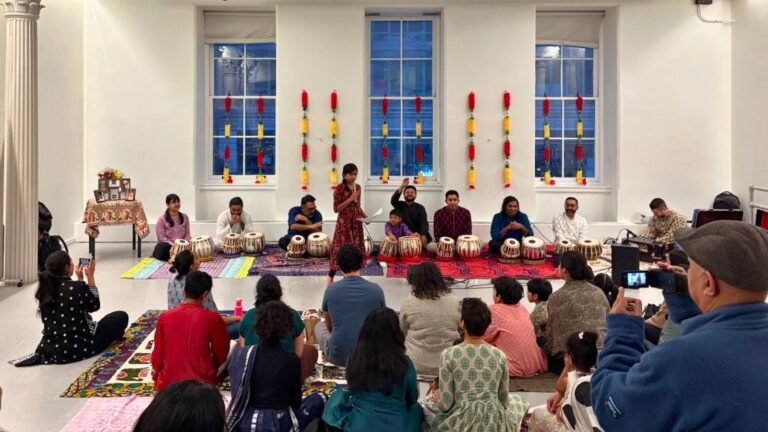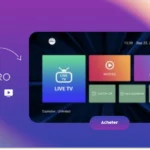The music industry is in a constant state of flux, driven by technological advancements, changing consumer preferences, and the creative evolution of artists. Staying ahead of the curve can be a daunting task, but understanding the emerging trends can help both fans and industry professionals navigate the landscape. Here, we delve into the top emerging music trends that are shaping the future of the industry. Music News
1. The Rise of AI and Machine Learning in Music Creation
Artificial intelligence (AI) and machine learning are revolutionizing music creation, production, and distribution. AI tools can now compose music, generate beats, and even write lyrics. Companies like OpenAI and Google have developed sophisticated algorithms capable of producing music that rivals human compositions.
AI-driven platforms enable artists to experiment with new sounds and genres without extensive musical training. These technologies also assist in mastering tracks, ensuring consistent quality across different listening platforms. Additionally, AI can analyze listener preferences and recommend new music, enhancing the discovery experience for fans.
2. The Growing Popularity of Virtual and Augmented Reality Concerts
Virtual reality (VR) and augmented reality (AR) are transforming live music experiences. VR concerts allow fans to attend live performances from the comfort of their homes, providing an immersive experience that mimics being in the front row. Platforms like Oculus Venues and Wave have hosted virtual concerts featuring major artists, drawing large audiences and creating new revenue streams.
AR, on the other hand, enhances real-world concerts by overlaying digital elements on the physical environment. This technology can create interactive and visually stunning performances, engaging fans in ways traditional concerts cannot. As VR and AR technologies advance, they will continue to reshape how we experience live music.
3. The Continued Dominance of Streaming Services
Streaming services like Spotify, Apple Music, and Tidal have become the primary means of music consumption. These platforms offer vast libraries of music, personalized recommendations, and curated playlists, catering to diverse tastes and preferences. The shift from physical and digital downloads to streaming has transformed revenue models, with artists earning money based on the number of streams their songs receive.
Streaming has also democratized music distribution, allowing independent artists to reach global audiences without the need for major label backing. As streaming services continue to evolve, they will likely introduce new features and monetization options, further changing how music is consumed and distributed.
4. The Emergence of Short-Form Video Content
Short-form video platforms like TikTok and Instagram Reels have become powerful tools for music promotion and discovery. These platforms allow users to create and share brief video clips set to music, often leading to viral trends and challenges. Songs that gain popularity on TikTok frequently climb the charts and receive increased radio play.
For artists, short-form videos offer a way to connect with younger audiences and generate buzz around new releases. Many artists now create content specifically for these platforms, incorporating catchy hooks and danceable beats to encourage user engagement. As short-form video continues to dominate social media, its influence on the music industry will only grow.
5. The Revival of Vinyl and Physical Media
Despite the prevalence of digital music, vinyl records have seen a resurgence in popularity. Vinyl sales have been increasing year-over-year, driven by a desire for tangible, high-quality music experiences. Collectors and audiophiles appreciate the warm sound of vinyl and the physical connection to the music.
Record stores and vinyl pressing plants are experiencing a revival, with many artists releasing limited-edition vinyl records to capitalize on this trend. Additionally, cassette tapes and CDs have also seen renewed interest among niche audiences. The revival of physical media underscores the enduring appeal of tangible music formats in an increasingly digital world.
6. The Growth of Collaborative Music Creation
Collaboration has always been a cornerstone of music, but digital tools are making it easier than ever for artists to work together, regardless of geographical barriers. Platforms like Splice and LANDR enable musicians to share stems, samples, and tracks, fostering a global creative community.
Online collaboration tools allow artists to co-create in real-time, streamlining the production process and sparking innovation. This trend has led to an increase in cross-genre collaborations, blending diverse musical styles and expanding the boundaries of what music can be. The rise of remote collaboration is democratizing music creation, making it accessible to more artists around the world.
7. The Influence of Social Justice and Political Movements
Music has always been a powerful medium for social and political commentary, and recent years have seen a resurgence of activism within the industry. Artists are using their platforms to address issues such as racial inequality, climate change, and mental health, infusing their music with messages of empowerment and change.
Social justice movements have also influenced music festivals and events, leading to more diverse lineups and inclusive practices. The industry is increasingly recognizing the importance of representation and using its influence to promote positive change. As artists continue to engage with social and political issues, their music will reflect the evolving landscape of activism and advocacy.
8. The Evolution of Genre Blending and Hybrid Sounds
The boundaries between music genres are becoming increasingly blurred, with artists experimenting with hybrid sounds and cross-genre collaborations. This trend is driven by the internet’s role in exposing listeners to a wider range of music and the ease of digital production tools that allow for seamless blending of different styles.
Genres like hip-hop, EDM, pop, and rock are frequently fused to create fresh and innovative sounds. This genre fluidity is reshaping music classification and challenging traditional genre boundaries. As audiences become more open to diverse musical influences, the trend of genre blending will continue to drive creative experimentation in the music industry.
9. The Emphasis on Mental Health and Well-being
The music industry has long been associated with a fast-paced and often stressful lifestyle, but there is a growing emphasis on mental health and well-being among artists and professionals. High-profile cases of mental health struggles and tragic losses have sparked a conversation about the pressures of the industry and the need for better support systems.
Artists are becoming more vocal about their own mental health journeys, promoting a culture of openness and support. Organizations and initiatives focused on mental health are gaining traction, offering resources and advocating for a healthier work environment in the industry. This trend is fostering a more compassionate and sustainable music ecosystem.
10. The Impact of Blockchain and NFTs on Music
Blockchain technology and non-fungible tokens (NFTs) are poised to disrupt the music industry by offering new ways to monetize and distribute music. NFTs allow artists to sell unique digital assets, such as exclusive tracks, album artwork, and concert tickets, directly to fans. This creates new revenue streams and enhances fan engagement.
Blockchain technology also promises to improve transparency and fairness in royalty payments, ensuring that artists receive their fair share of revenue. By leveraging smart contracts, blockchain can automate and streamline royalty distribution, reducing the inefficiencies and disputes associated with traditional systems. As these technologies mature, they will likely play a significant role in shaping the future of the music industry.
Conclusion
The music industry is undergoing a period of rapid transformation, driven by technological advancements and changing consumer behaviors. From AI and VR to social justice and mental health, these emerging trends are reshaping how music is created, consumed, and experienced. Staying informed about these trends will help fans, artists, and industry professionals navigate the evolving landscape and embrace the exciting possibilities that lie ahead.

















